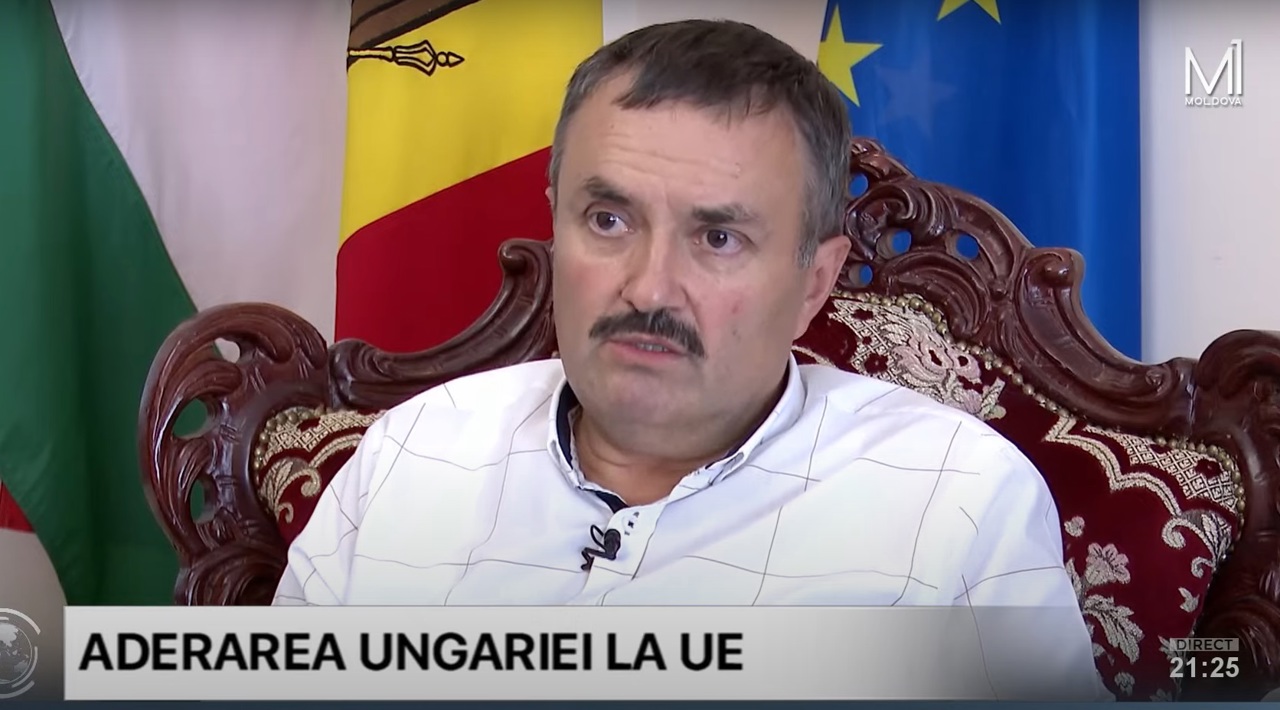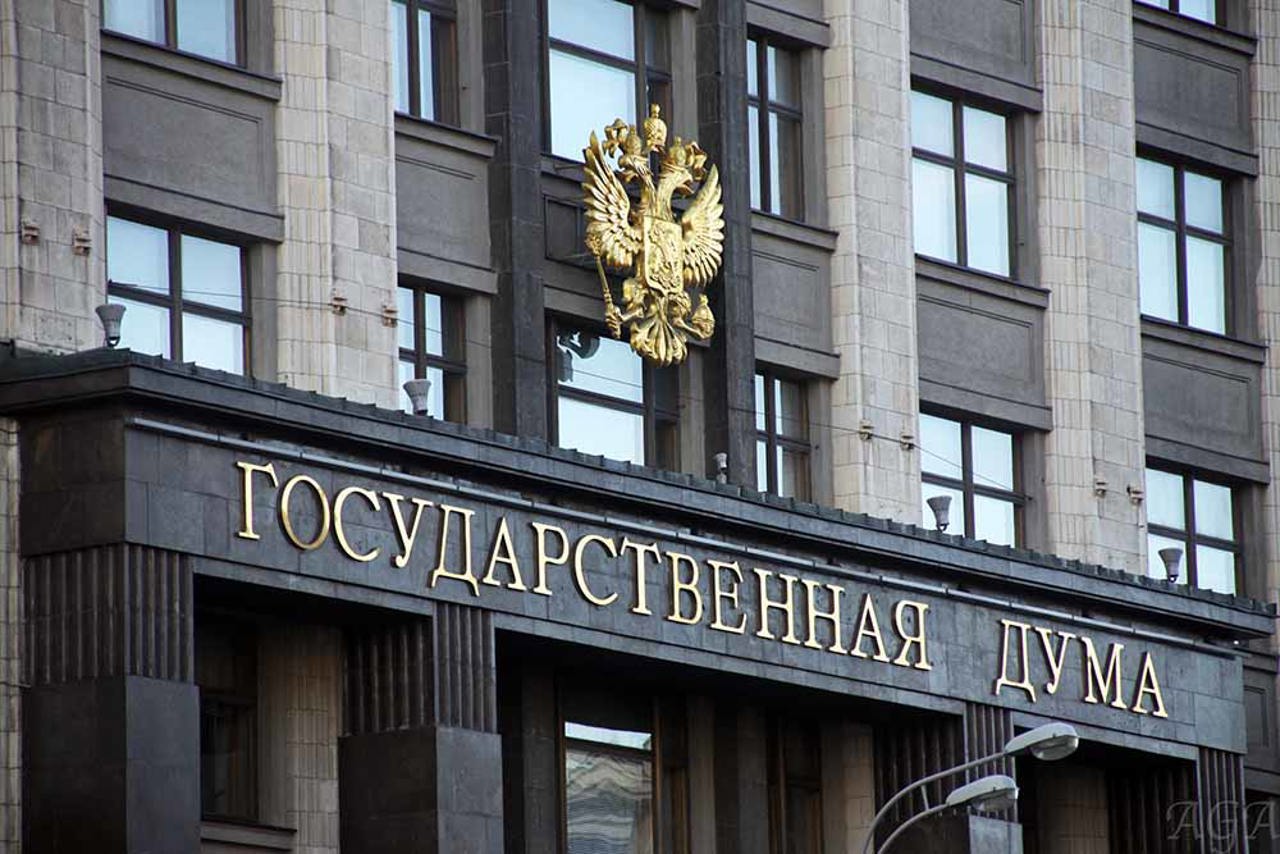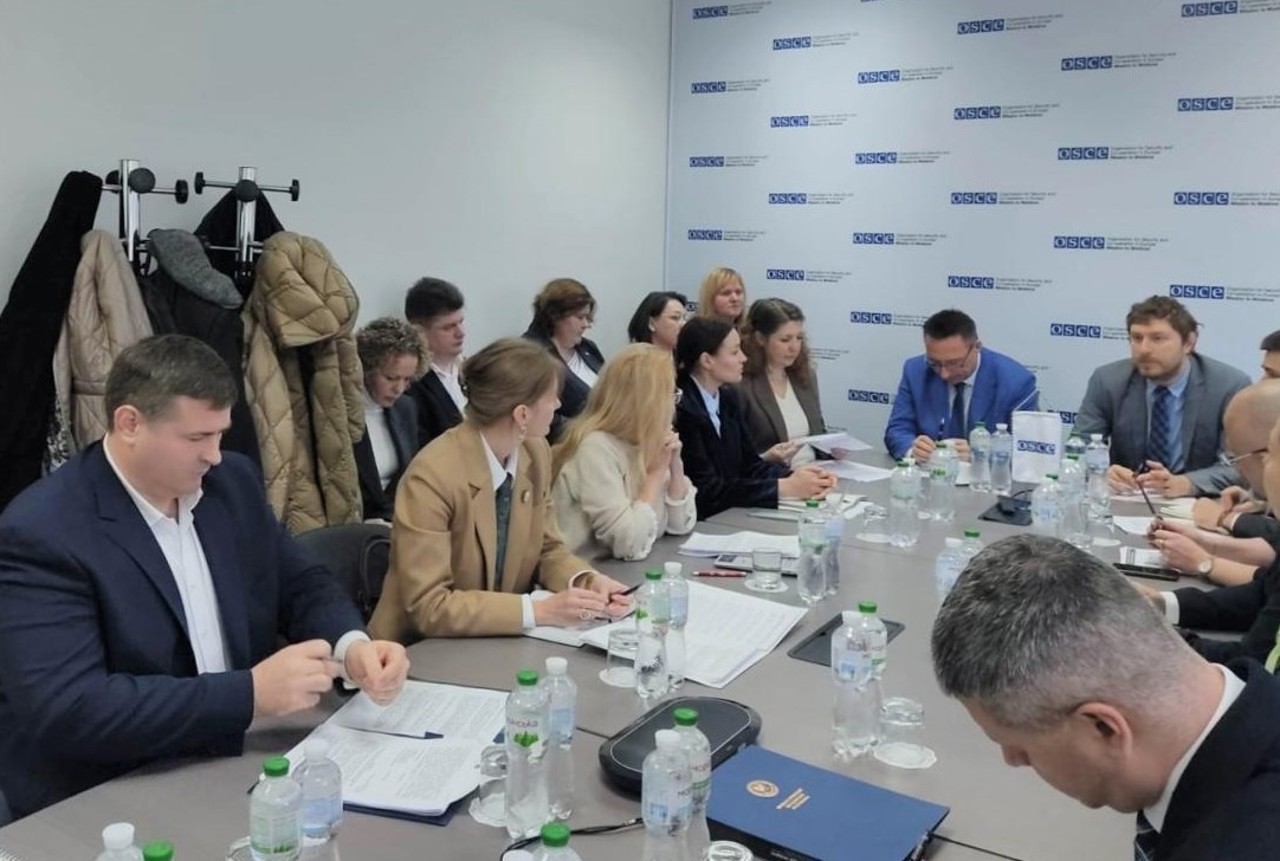Hungary through the eyes of a Moldovan: Oleg Damașcan about the political and economic changes of the last 40 years
He witnessed the transformations that shaped Hungary from the socialist period to the final stage of the process of joining the European Union. We are talking about the Moldovan Oleg Damașcan, who got to know this country for the first time in 1984 and which over the years has become his second home. Settled in Budapest, Oleg lived and worked in various sectors, closely observing the impact of European Union membership on the economy, and education, but also on the labor market. In a recent interview, he shared his impressions of these transformations. He emphasised the importance of this process in the case of the Republic of Moldova, which, he believes, will only benefit.

Oleg Damașcan's adventure started in 1984, when he went to Budapest to study. After graduation, he returned home, but he returned to Hungary. His first professional experiences in the Hungarian capital were in the banking field. He worked in the period 1995-2001 at the Embassy of the Republic of Moldova in Hungary. Later, he made the transition to the private sector, and from 2003 until now he has been working for an oil company. For 40 years of living in Hungary, the Moldovan closely followed the country's political, economic and social evolution.
"I lived together with the Hungarian people for three periods in fact. The socialist period until 1989, after that the elections, the capitalist course of Hungary and, from 2004, on May 1, the accession to the European Union", said Oleg Damașcan.
Hungary's accession to the EU brought a series of changes, including in the structure of the economy, and contributed to its integration into the European market. Foreign investments and access to European funds boosted the development of the automotive sector, claims Oleg Damașcan.
"Hungary can compete in the car-building industry with countries like Slovakia, other countries, where car-building companies have also been attracted to a large extent," says the Moldovan.
Another key area where changes have been observed is that of education. The quality of higher education has increased significantly, through European development funds and programs.
"If we talk about the higher level of education, it has become more prestigious than it was before joining. In Hungarian institutions, in universities there are several lecturers, guest professors from abroad, who do not come to teach permanently, but as guests. That is, it is possible to teach Western subjects, here in Hungary", he said.
Important changes are also noticeable in the labor market, claims Oleg Damașcan.
"This process is now in two parts. Not only do they go there, but they also come back. After the accession, Hungary also became a center where several international organizations were located, sending their representatives who worked here, but the local workforce was also involved. This symbiosis was brought about by the European Union", said Oleg Damașcan.
The Moldovan is confident that the Republic of Moldova will succeed to become a member of the European Union, but that the help of each one of us is needed, including those from the diaspora.
"Moldova cannot have another future. We will go home, regardless of the membership of the Republic of Moldova. We must each contribute. I believe that the role of the diaspora in the West is growing with our evolution towards the EU. Everyone has to contribute, where they are ", said the Moldovan.
According to the data provided by the Moldovan diplomacy in Hungary, about 550 citizens of the Republic of Moldova currently live on the territory of this state.




